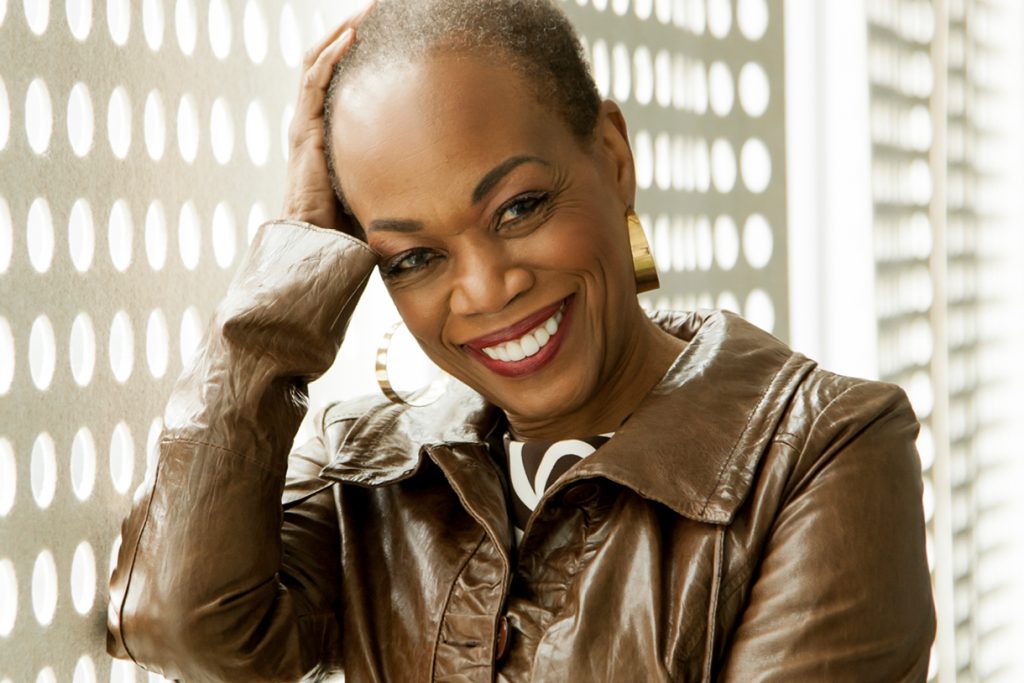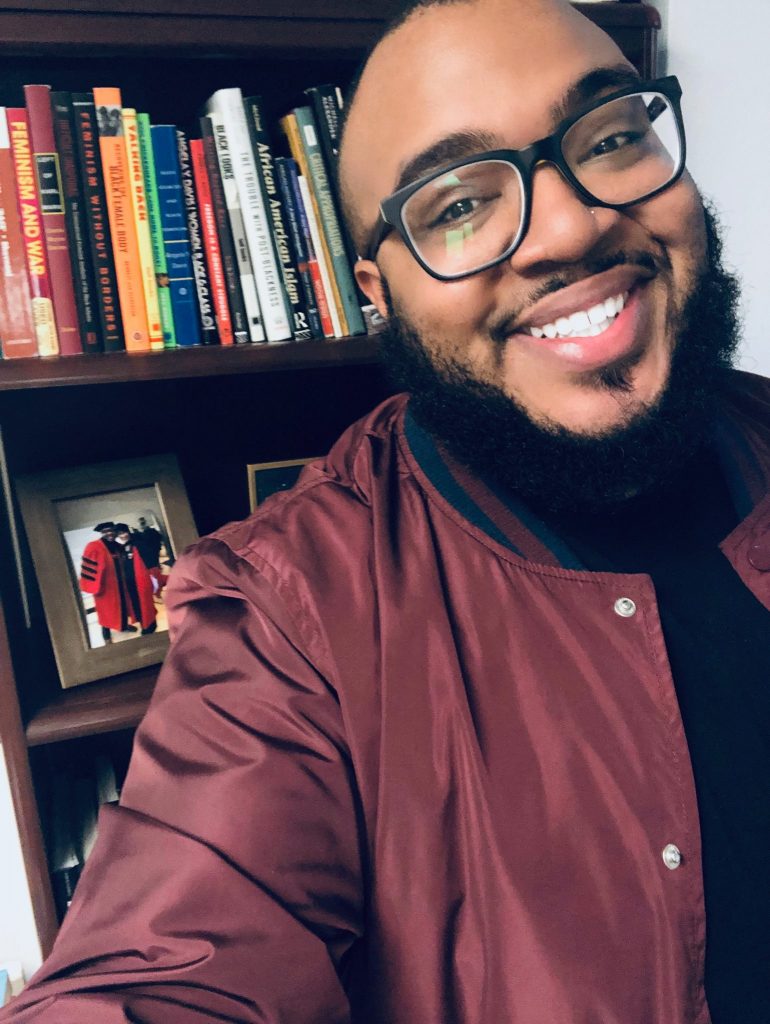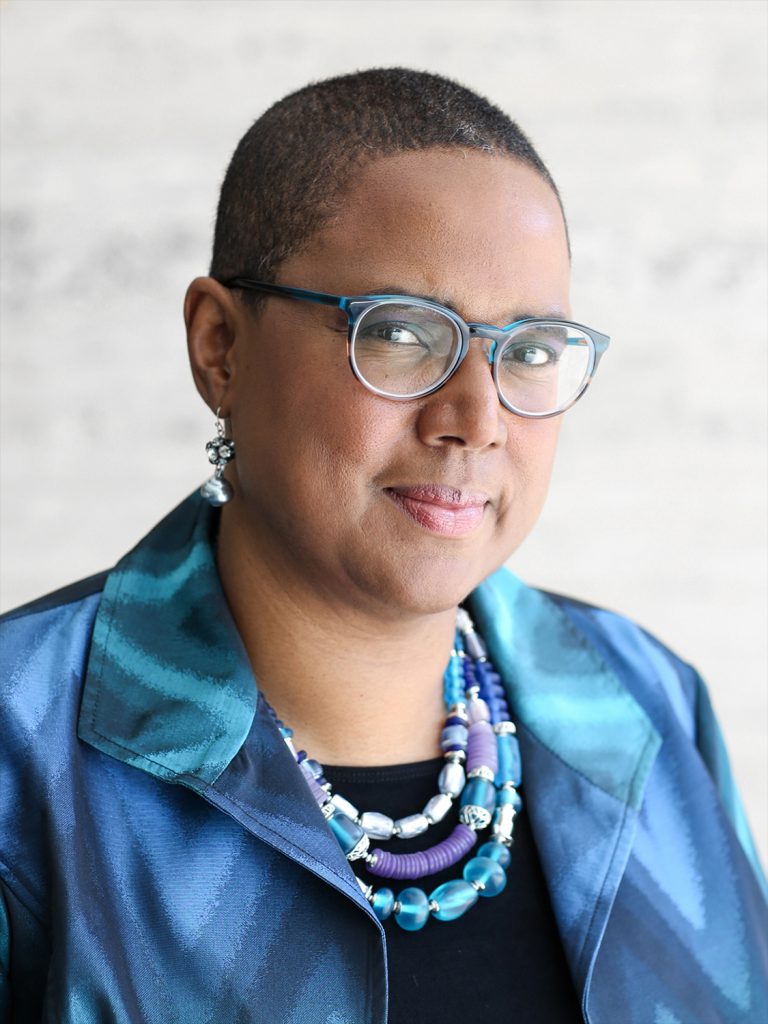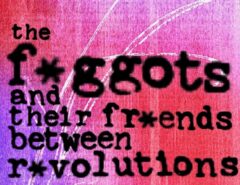Columbia College Chicago will host “Social Justice and Creative Practice: The Power of the Creative Voice in Advancing Social Change,” an online conversation with renowned playwright, actor, director, activist, educator, and Columbia College honorary degree recipient Regina Taylor HDR ’11, on Monday, April 12, at 2 PM Central Time. The free one-hour event will be open to the Columbia College Chicago community — including alumni. To register, click here.
The program — including a Q&A session with Taylor, who will be taking questions from the audience — will be hosted by Assistant Professor of Theatre Khalid Long, coordinator of the Columbia College Chicago Theatre Department‘s new Theatre BA concentration in Theatre Studies.
The event, which is sponsored by the Columbia College Chicago School of Fine and Performing Arts, will begin with introductions by the college’s Senior Vice President and Provost Marcella David and by Rosita M. Sands, Dean of the Columbia College Chicago School of Fine and Performing Arts.
Taylor is an Artistic Associate at Chicago’s Goodman Theatre and is also currently serving as playwright-in-residence at the Repertory Theatre of St. Louis. Her playwriting credits include Crowns, Oo-Bla-Dee, Drowning Crow, The Trinity River Plays, and Bread. Her television acting credits include roles on HBO’s Lovecraft Country, Netflix’s All Day and a Night, and NBC’s I’ll Fly Away, and CBS’ The Unit.
The April 12 program is part of Columbia College’s campus-wide Social Justice Initiative (SJI), housed in the Office of the Provost. The initiative, which is set to present the college community with opportunities to investigate the role of social justice in creative practice and the role of creatives in advancing social change, will help develop and fund new support structures and resources needed to eliminate the achievement gap between white students and students of color.









